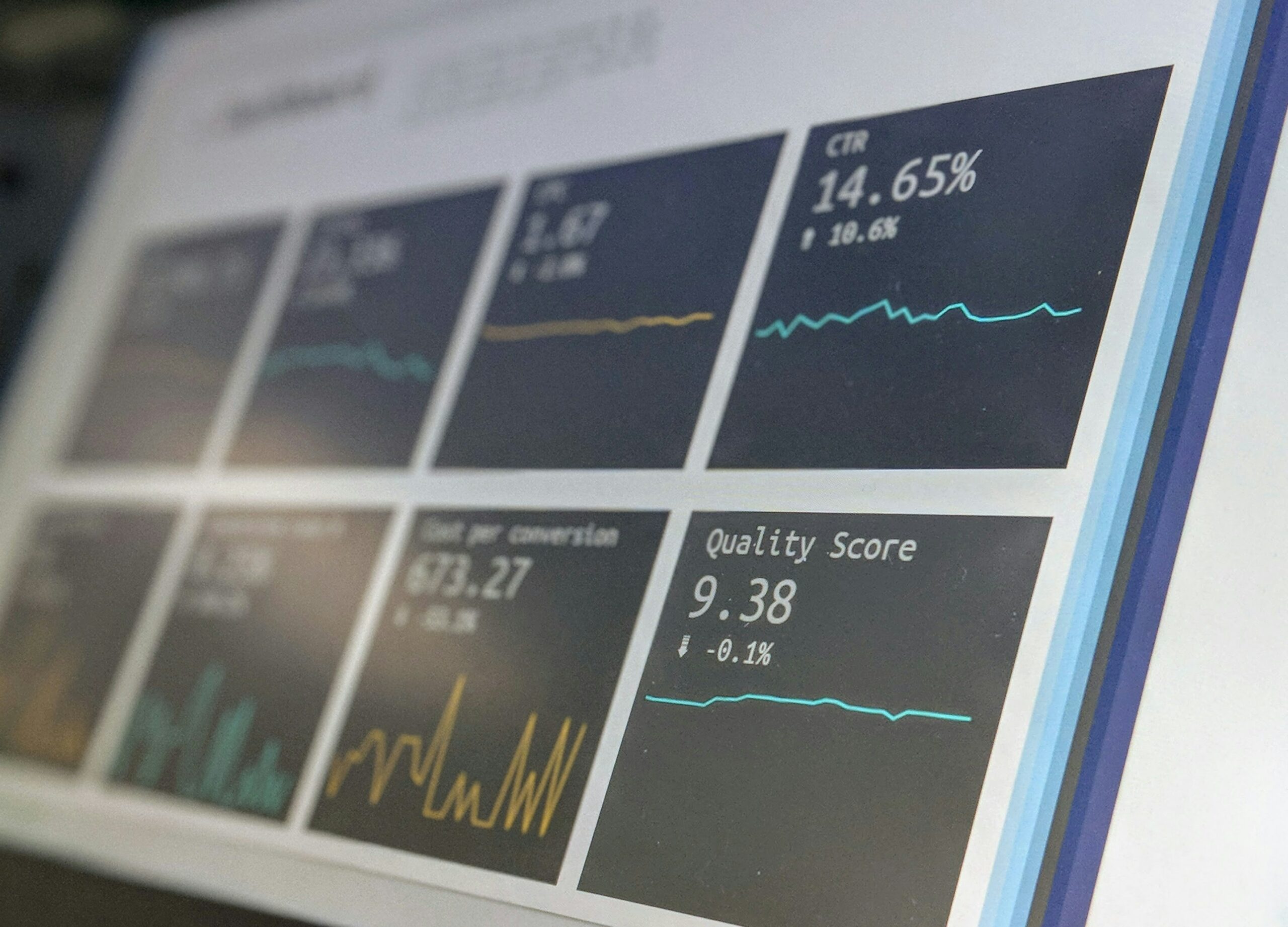When it comes to improving your health, the internet loves to tell you to “track everything.” Track your steps, calories, sleep, stress levels, and even how many glasses of water you drink. But here’s the twist: tracking more data doesn’t always lead to better health. In fact, it might be doing the opposite. The more data you collect, the harder it can be to know what to focus on, leading to overwhelm and decision fatigue.
Artificial intelligence (AI) — which is basically everywhere now — and digital health tools can revolutionize how you take care of yourself–but only if you use them wisely. Let’s cut through the clutter and briefly explore how to use these tools for smarter, more effective health decisions.
1.Ditch the Data Hoarding Mentality
AI thrives on data, but you don’t have to feed it everything. It’s tempting to believe that more data equals better results. But the reality is, focusing on everything often distracts you from what really matters. Instead of tracking 20 metrics a day, focus on 2–3 key indicators that impact your health decisions.
• Want better fitness? Focus on workout intensity and recovery.
• Trying to manage stress? Track heart rate variability or mindfulness habits.
• Improving sleep? Monitor patterns, not just total hours.
Why it works: Most digital health platforms use AI to analyze trends, not raw numbers. By giving it clean, focused data, you get actionable insights faster.
2. Use AI for Trends, Not Perfection
Many people expect health tech to provide perfect answers, but the real power of AI lies in its ability to predict patterns and guide you toward better (not perfect) decisions.
For instance:
• A smart device might predict when your pain levels will spike based on your activity patterns.
• AI-powered nutrition apps can identify subtle correlations, like how certain foods impact your energy levels.
• A fitness tracker might suggest your best workout times based on past performance.
Pro Tip: Don’t stress over individual days when your data looks “off.” The value of AI lies in its ability to show long-term trends, not day-to-day fluctuations.
3. Beware of Feature Overload
Health tech is an industry, and it’s constantly competing to add more features, more data points, and more notifications. Apps and wearables often compete to offer the most features, but more isn’t always better, and most of us know that we don’t use all the features on any of our apps. Studies show that too many notifications and features can lead to decision fatigue, leaving you more confused than empowered.
What to do instead:
• Choose apps and devices that focus on one or two goals, such as sleep quality or fitness recovery.
• Turn off unnecessary notifications to avoid constant interruptions.
Counter-Intuitive Tip: Simplifying your tech setup often leads to better health decisions because you’re focusing on what actually matters.
4. Let AI Guide You–Don’t Let It Take Over
AI is a tool–not a replacement for your intuition or common sense. It can suggest the “what” and “when,” but you still need to decide the “how.” AI can’t replace your intuition or your healthcare team. It’s there to enhance your decision-making, not dictate it.
For example:
• If your app suggests an activity level increase but your body feels off, trust your instincts and consult a healthcare professional.
• Use AI recommendations as a starting point for conversations with your doctor, not as a final answer.
5. Don’t Lose Sight of the Human Element
While AI and digital health tools are powerful, they can’t replace the human side of well-being. Health is more than just numbers–it’s about how you feel, your relationships, and your daily habits.
What to prioritize:
• If you are living with a chronic illness, as many people are, build a support network of caregivers, friends, or online communities who understand your journey.
• Use tech as a tool to share updates with your care team or loved ones, fostering collaboration.
• Build routines that support your goals without over-relying on devices.
• Focus on emotional, spiritual and mental well-being alongside physical health.
In the age of AI and digital health, the key to improving your health isn’t tracking everything. It’s tracking the right things and using tech as a tool–not a crutch–to guide your decisions. By simplifying your approach and trusting AI to highlight trends, you can make smarter, more confident health decisions– enjoy the process, and live a fuller, healthier life on your terms.
Ready to make better decisions about your health?
Let’s hear from you: What’s your favorite digital health tool, and how has it changed the way you make decisions to manage your health? Share your thoughts in the comments!
Photo by Stephen Dawson on Unsplash
